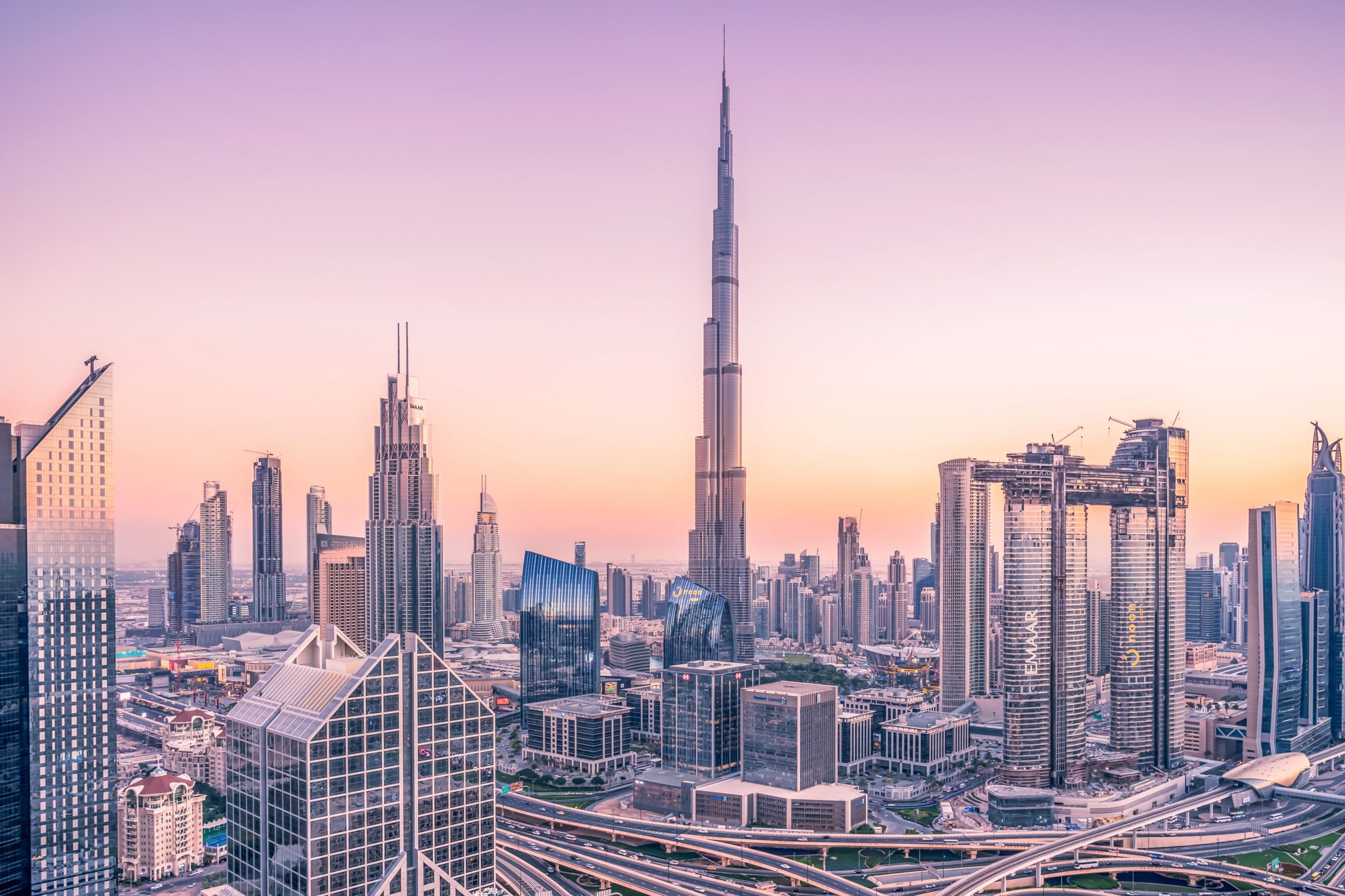How can you find the best villas for sale in Dubai?
| Villas – luxurious palatial buildings used as private homes. How often have you seen the following advertised – properties for sale in Dubai, and wished you could buy one such? Well, the answer is that it is possible! If you are dreaming of a villa, that too is attainable. Having an experienced and professional real estate broker is the key to choosing the best villa to suit your requirements. The team at Allsopp & Allsopp real estate brokers in Dubai will provide the right guidance and advice.
Budget: Your choice of villa and the area will be dependent on your budget. You can choose a fully furnished villa, which will be more expensive, or you may prefer an unfurnished one, with the freedom for design and decor. So when you look for villas for sale in Dubai, keep this in mind. Purpose: Whether you are interested in villas or apartments for sale in Dubai, the goal is key to your choice of property. Is the investment for rental/resale or personal use – will also play an important part. For instance, renting villas can cost much more than apartments, depending on the location. However, villas in less popular areas can rent for less than apartments in the more urban areas. Type of accommodation: Villa compound or a villa in a gated community? They both offer security, a sense of community and shared amenities. A villa compound typically is a series of independent houses with similar amenities, providing a common area plus other facilities like a clubhouse, swimming pool and gym. Each villa and the land it stands on will be owned by the buyer. It offers ample space, privacy, and a healthier atmosphere (since it is usually located in a remote area). Some villa compounds in more central areas have essential amenities like supermarkets, restaurants, schools and hospitals nearby. Maintenance work will be the responsibility of the owner. A gated community is an enclosed residential estate, usually on a large scale, guarded with walls or fences. The villas are mostly freehold, available for rent and sale by expats as well. The common area and facilities are open to all owners. Maintenance work is usually undertaken by the Management Committee, who collects a maintenance fee from each resident for the upkeep of common areas. Freehold vs Leasehold Property: It is wise to understand the difference between these: Freehold property: The buyer is the owner of the property and the land it is built on. It can then be sold, rented or occupied by the owner. However, the freehold market in Dubai is in 2 categories – areas where freehold property is exclusively for UAE or GCC nationals and designated areas where property can be purchased by an expat or foreign investors. Leasehold property: The buyer will be granted property rights for a fixed term, up to a maximum of 99 years. However, the buyer will not own the land the property is constructed on. The ownership for the land goes back to the owner. Documentation: Once a decision is reached on the villa to be purchased, the buyer and seller will have to agree on the terms of the sale.
Fees and other charges:
ROI (Return of Investment): Since Dubai is a business hub and so cosmopolitan, property investment is a steady way to increase ROI. There are no limitations on who can purchase property in Dubai, and no residency or similar permit is required. With all the pros of investing in a villa in Dubai, and with the help of your RERA (Real Estate Regulatory Agency) registered estate broker, finding a suitable villa for sale in Dubai will be simple! |
